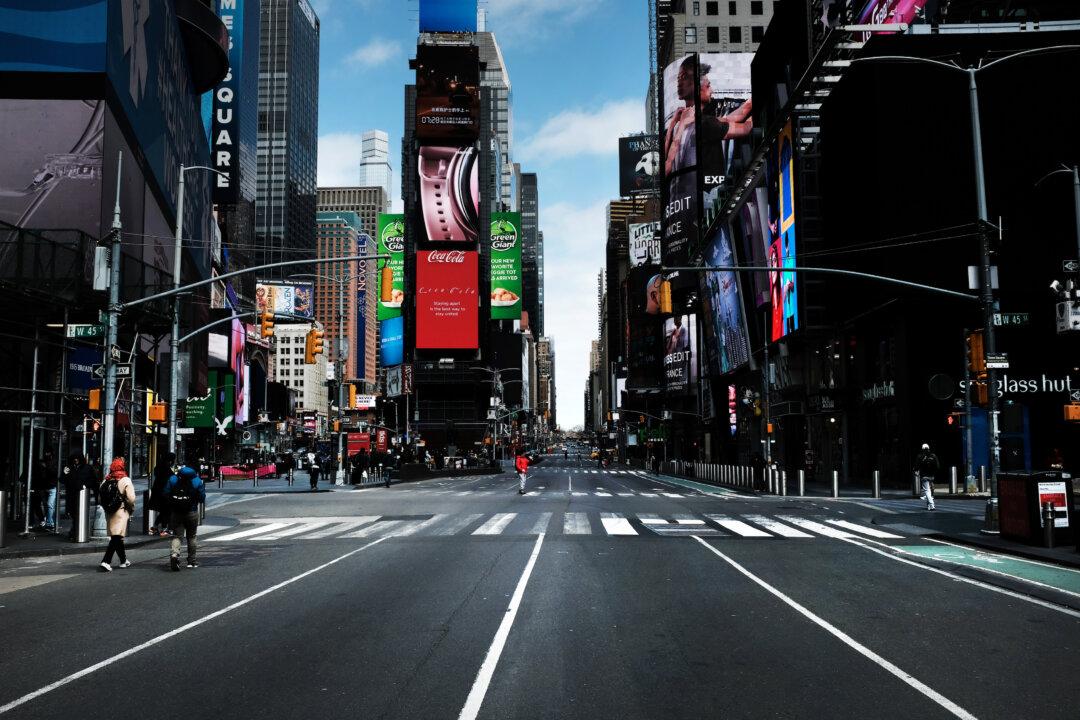The Centers for Disease Control and Prevention (CDC) issued a travel advisory for residents of New York, New Jersey, and Connecticut on March 28 after President Donald Trump said an “enforced quarantine” of the three states because of the CCP virus pandemic was unnecessary.
The Epoch Times refers to the novel coronavirus, which causes the disease COVID-19, as the CCP virus because the Chinese Communist Party’s coverup and mismanagement allowed the virus, which first emerged in the central Chinese city of Wuhan, to spread throughout that country and create a global pandemic.




